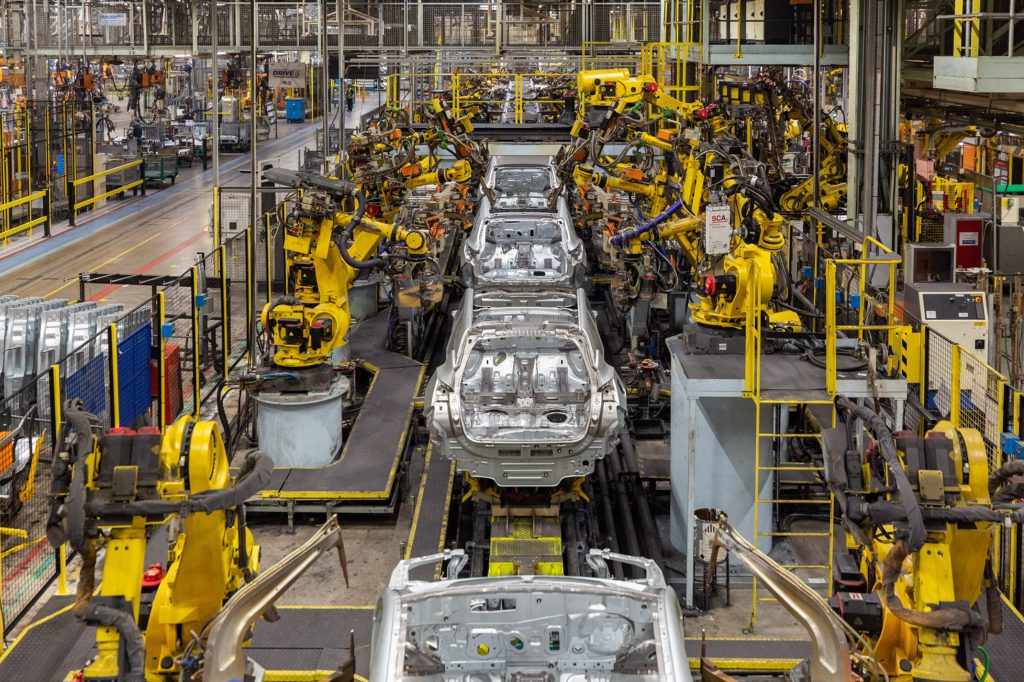Brexit shutdowns hammer UK car production in November
20 December 2019

20 December 2019
UK automotive manufacturing suffered a significant decline in November as carmakers shut down plants to mitigate against potential disruption following the 31 October Brexit deadline, which was ultimately missed yet again.
Production fell 16.5% last month, with 107,753 units built across the numerous plants in the country, according to the latest figures from the Society of Motor Manufacturers and Traders (SMMT). This drop reflects several trends affecting the industry, with Brexit just one of these.
Soft consumer and business confidence, weak demand in overseas markets and model production changes all combined to cause the substantial drop, the 17th decline in 18 months. The only positive month over this period was August this year as many manufacturers brought forward summer shutdowns to April to prepare for the first Brexit deadline of 29 March.
Jaguar Land Rover (JLR), BMW and Toyota had all announced they would be closing their UK factories to ensure that potential customs delays and lingering uncertainty after the 31 October deadline would not create production bottlenecks. These shutdowns have contributed to November’s poor results.
Missed dates
Stoppages in April caused production in the country to fall by 44.5%, adding to the list of what the SMMT highlights as ′costly contingency measures,’ with the bill currently standing at over £500 million (€587 million).
Manufacturing has not been able to recover from this, even without the typical August shutdowns, and is 14.5% down year-to-date. Just 1,231,679 cars have been built this year, with the majority (80.8%) heading abroad and most of these exports (54.7%) into the EU, still by far the UK automotive sector’s largest trading partner.
Trade important
′UK car production is export-led, so we look forward to working with the new government to deliver an ambitious trade deal with the EU,’ says SMMT chief executive Mike Hawes. ′To ensure our competitiveness at a time of dramatic technological change, that deal needs to be tariff-free and avoid barriers to trade, which, for automotive, means that our standards must be aligned. This can be achieved if government and industry work in partnership to re-establish the UK as a great place to invest and ensure that automotive keeps delivering for Britain.’
Alongside the decline in vehicle manufacturing, engine production in the UK has also dropped in November, by 13.9%, due in part to the Brexit shutdowns.
So far this year, the engine output is 7.9% behind 2018, with 2.4 million new engines produced. More than six out of ten engines are shipped overseas, again highlighting the importance of a trade deal to the EU, according to Hawes.